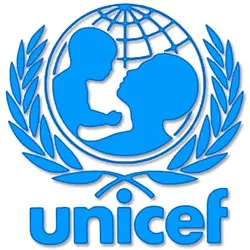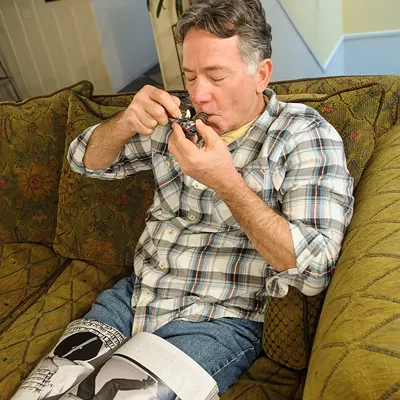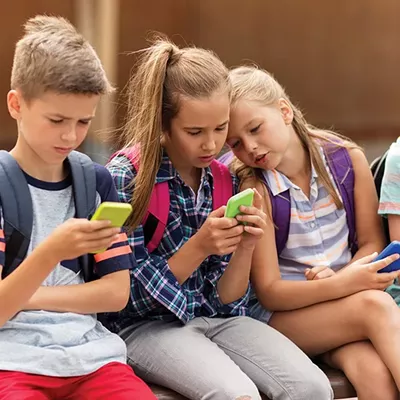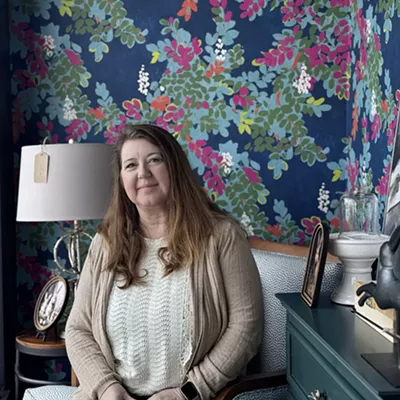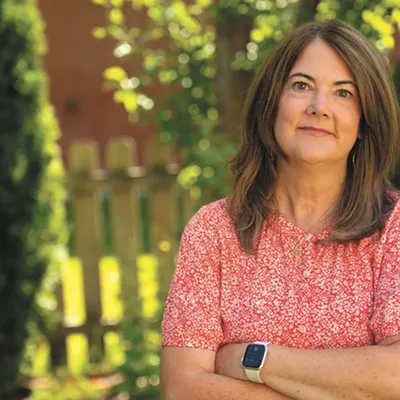Thursday, September 8, 2016
Info at your fingertips, sewage stories and aiding UNICEF through a math game
Merck Goes Mobile
Since 1899, the Merck Manual has been a treasured resource for thorough, clear explanations of nearly everything health and medical-related. Now all that knowledge will be available, for free, in a “very large app” that you download onto a mobile device.
“We believe that health information is a universal right and that every person is entitled to accurate, accessible and usable medical information,” state the developers on the app website.
There’s a professional version and consumer version. After a 15-minute download, all the info is searchable even if you don’t have access to wifi — perfect for emergencies in the backcountry, or those times that you might just as soon look something up without a trail of cookies in your wake. Search by symptom, diagnosis, treatment or drug interactions. There’s a pill identifier if you’ve forgotten just what that little blue pill is for, as well as quizzes and animations that show treatments or disease processes.
Crappy Clues
Sewage tells a story. While the health habits of individuals aren’t discernible from waste sludge, there are surprising clues to the health of a community hidden in the muck. At Arizona State University’s Human Health Observatory, scientists look for “biomarkers” that show evidence of smoking, or alcohol use, or even how stressed the population is. The tell-tale evidence found in sewage is being used to adjudicate a competition among five cities battling to show the greatest gains in community health in the five year “Way to Wellville” competition. And MIT has a project underway using robots deployed into untreated sewage in pipes beneath Cambridge to provide early detection of infectious diseases.
Math Help
Libertarian Presidential Candidate Gary Johnson may not know what “Aleppo” is, but Unicef does. And its Children First campaign aims to relieve suffering, save lives and provide emergency relief for children, not just in Syria, but in other war-, famine-, disaster- and disease-stricken countries. Here’s a fun way to help fund those efforts. You have one minute to solve a series of math problems—or have your kids give it a go. Every correct answer will unlock a $0.25 gift to Unicef. Get all the answers right, and unlock an extra $5. The questions get harder as you go, so stay on your toes! Ninety percent of funds raised go directly to helping kids. What’ve you got to lose?

